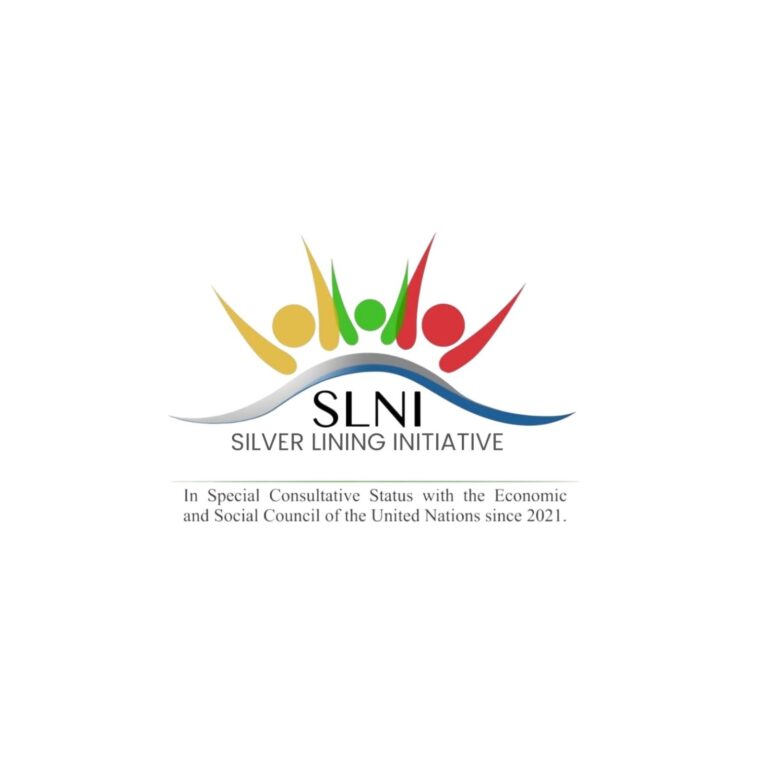This is a demo store for testing purposes — no orders shall be fulfilled. Dismiss


By: Ajileye Alfred
INTRODUCTION
Adolescence, beyond reasonable doubts, provides the best time for an individual to improve nutrition, growth, and development. The importance of a healthy diet during the adolescent stage of life cannot be overstated. While practically every system and organ in the body develops, adolescents gain height, muscle mass, and bone density. Good nutrition can fuel optimal physical and mental growth, giving adolescents the strength and focus to study, work, ward off illness and disease, and fully participate in their communities.
Adolescence, the years between 10 and 19, is a period of rapid growth and development with demanding nutritional needs. This is also a period of great mental capacity development and manifestation, as the individual is in a position to determine future engagements, professions, dreams, and academics. Nutrition can be defined as the process by which substances in food are transformed into body tissues and provide energy for the full range of physical and mental activities that make up human life.
Adolescence is a crucial time in life that is marked by extraordinary changes in people, including quickening physical, psychosocial, sexual, and cognitive maturity. It also offers a window of opportunity to assure a successful transition to adulthood. The nutritional status and eating habits that are developed during this stage of life have significant effects on the health and wellbeing of teenagers as well as the health of future generations. It brings about rapid growth and development, which raises physiological needs for energy and micronutrients. Teenage pregnancy and early marriage are two key transitions to maturity that may occur in females and have a substantial impact on their inability to meet their nutritional needs due to physiological changes.
PROBLEM STATEMENT
Poor nutrition during adolescence can impair the work capacity and productivity of adolescent boys and girls in their later years. According to the Cost of Hunger in Africa Studies, Africa loses $25 billion per year to costs attributed to child illnesses and deaths, impaired cognitive development, and physical underdevelopment caused by malnutrition. An undernourished adolescent girl is at risk of developing complications during pregnancy, and the chances of her giving birth to a low-birth-weight baby increase, thus perpetuating a vicious cycle of malnutrition and ill-health. Inadequate nutritional intake during adolescence can have serious consequences throughout the reproductive years and beyond. Since eating habits and behaviors are influenced by a variety of factors, such as peer pressure, parental modeling, food availability, food preferences, cost, convenience, personal and cultural values, mass media, and body image, nutrition and the adolescent transition are intimately related.
Factors influencing the nutrition of adolescents:
Adolescent Overweight, Obesity, and Weight Management
Factors responsible for obesity
Conclusion and Recommendation
It will take a variety of efficient, extensive, complementary nutrition-specific, and nutrition-sensitive treatments to accelerate progress in addressing adolescent nutrition. Despite the existence of proven tactics and delivery methods, such as school-, community-, and health-based platforms, there are still implementation gaps in many programs. Adolescents must eat healthily because their bodies are undergoing physical changes that influence their nutritional and dietary requirements. Teenagers are growing increasingly self-reliant and making a lot of their own eating decisions. A growth spurt and increase in appetite are common among adolescents, who require nutritious diets to support their growth. Compared to younger children, adolescents typically consume more meals away from home. Their classmates have a big impact on them, too. Many teenagers prioritize meal convenience, and they could consume excessive amounts of unhealthy items like soft drinks, fast food, or processed meals.
Here are some recommendations:
Silver Lining Initiative (SLNI) is an indigenous non-profit Organization established in 2009 to promote the spread of humanitarian aid through its broad spectrum of projects and activities.
+234 807 496 7427
info@slni.org
Maitama, FCT 904101,Abuja
© 2026 Silver Lining Initiative – All rights reserved
This is a demo store for testing purposes — no orders shall be fulfilled. Dismiss